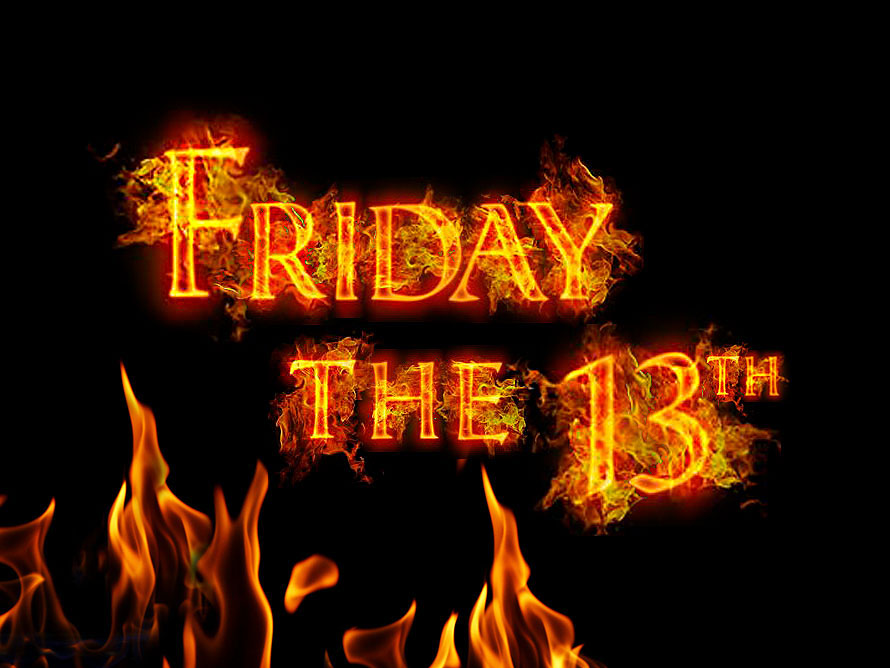Are we too superstitious? It is Friday 13th, allegedly the spookiest day on our calendars. But while some will spend the day avoiding black cats and ladders, others say we need to loosen the grip of superstition on our lives.
It’s the unluckiest day of the year! Again
 Friday the Fear-teenth: On average, there are 1.72 Friday the 13s per calendar year.
Friday the Fear-teenth: On average, there are 1.72 Friday the 13s per calendar year. Glossary
UN - United Nations. An intergovernmental organisation based in New York that aims to maintain international peace and security.
Slasher - A horror film, especially one depicting a series of violent murders or assaults by an attacker armed with a knife or razor.
Franchise - When an individual or group is given the right to sell a company's products in return for a fee. Many McDonalds restaurants are franchises.
Scapegoat - A person who is made to take the blame for the wrongdoings of others. The term originates from a ceremony during the Jewish holy day Yom Kippur, in which the sins of the people were symbolically placed upon a goat. The goat was then sent into the wilderness.
Disciple - Follower. In the Bible, dedicated followers of Jesus were known as disciples.
Valhalla - In Norse mythology, a hall where killed warriors go when they die.
Pagan - Spiritual beliefs other than those of the main or recognised religions. Often used in a historical context.
